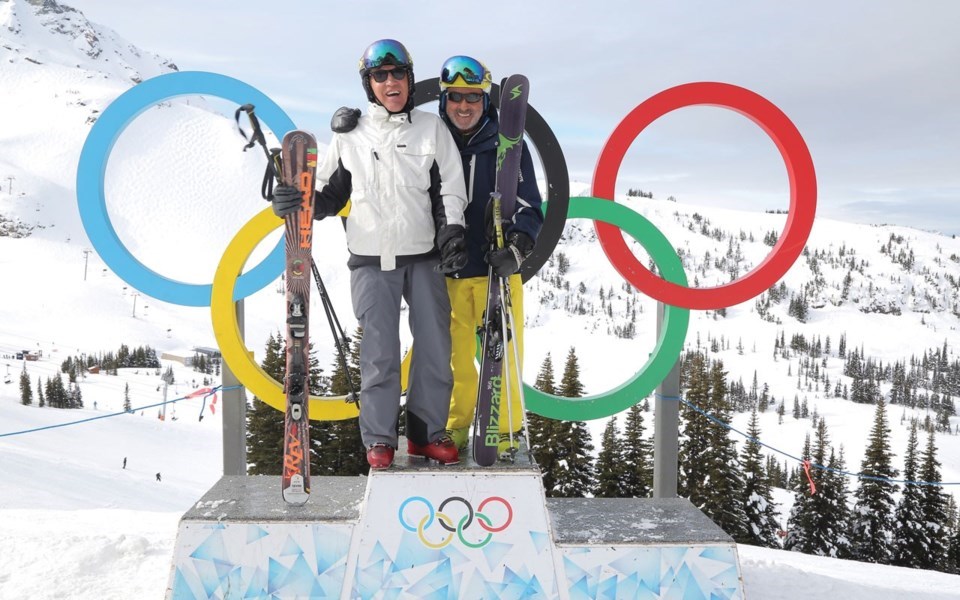Prior to COVID-19, an overwhelming majority of Whistler seniors deemed themselves in great shape both physically and mentally.
A 2017 Vancouver Coastal Health (VCH) survey found that 88 per cent of Whistlerites aged 65 or older rated their physical health as excellent or good, while 89 per cent rated their mental health as excellent or good.
Though a similar survey has yet to be conducted to measure the impacts of the pandemic, a new action plan aims to keep Whistler’s seniors happy and healthy as they age in place in the resort.
The Whistler Age-friendly Assessment and Action Plan, presented to council on Dec. 7, uses eight categories as its overarching framework, said planning manager Courtney Beaubien: outdoor spaces and buildings; transportation; housing; respect, social inclusion or cultural safety; social well-being and participation; communication and information; community engagement and employment; and community support and health and wellness services.
Across the eight categories, the plan proposes a total of 30 strategies and 71 actions to help Whistler seniors—things like additional seating along the Valley Trail, enhanced medical care in the community, an age-friendly information website or hub, and age-friendly business programs (to name just a few—find the full report at whistler.ca/agefriendly).
Of Whistler’s 12,000 or so permanent residents, approximately 17 per cent are aged 55 or older, according to 2016 census data.
Nearly 400 seniors responded to a survey related to the project, while a further 22 interviews were conducted online and by phone.
This summer’s heat dome “demonstrated the vulnerability” of local seniors, as well as a lack of connection to emergency services, said Councillor Cathy Jewett.
“Another thing that that stood out in the report to me was that nine per cent of Whistler adults over 65 are considered low-income versus a Canadian average of 6.6 per cent (according to 2016 census data),” Jewett said
Resort Municipality of Whistler (RMOW) staff and community partners will be using more recent data as it becomes available, but it’s important not to consider Whistler seniors as one homogenous group, Beaubien said.
“There is a spectrum from people who are on the lower end of the economic spectrum to those who are regarded as being quite wealthy,” she said.
“So I think it’s really important with the implementation of each of the actions … that staff and the community partners give consideration to the entire spectrum of older adults within Whistler, and how they might be benefiting in different ways from the implementation of the actions.”
Online sessions related to the project were “positive and proactive,” said Mature Action Community (MAC) chair Kathy White.
“The MAC board and membership, like other community businesses and organizations, will work together with the RMOW to follow up on the action steps recommended for our current and future 55-plus Whistler residents,” White said, adding that the plan will also benefit older visitors to the resort, too.
White encouraged seniors to sign up for MAC membership (which is currently free) at whistlermac.org.
Coun. Arthur De Jong also noted the potential positives for tourism.
“One of the stats in the report I found really interesting was that … as a market segment, the mature tourists will grow by 63 per cent by 2040, representing 25 per cent of the provincial population,” De Jong said.
“So it’s good for business as well.”
Business positives aside, the project is important, De Jong added.
“Our mature residents are the core of our community, the backbone of our volunteers. I see them helping our stretched workforce right now,” he said.
“And they so authenticate who we are through their passion and patience … so yeah this is really important.”
The action plan was funded by a $24,418 grant from the Union of BC Municipalities.


